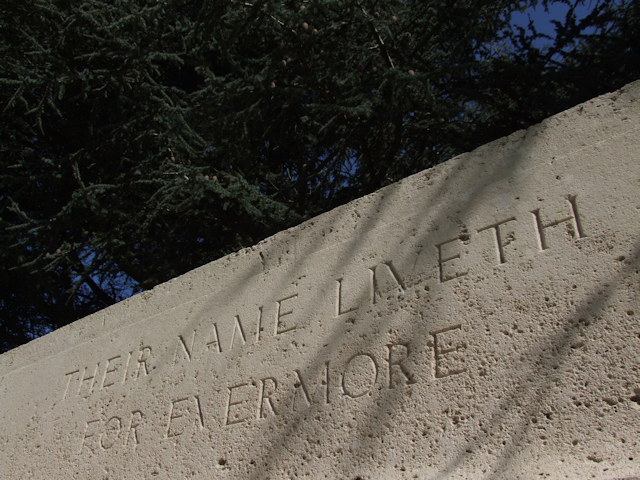Name
Albert George Withers
1887
Conflict
First World War
Date of Death / Age
02/12/1917
Rank, Service Number & Service Details
Sapper
304658
Royal Engineers
8th Provisional Coy.
Awards: Service Medals/Honour Awards
1914 /15 Star, British War and Victory medals
Cemetery/Memorial: Name/Reference/Country
CAMBRIDGE CITY CEMETERY
D. 2493.
United Kingdom
Headstone Inscription
He has no family inscription on his Headstone.
UK & Other Memorials
Cheshunt Town War Memorial,
Not on the Waltham Cross Memorials
Pre War
Albert George Withers was born in Waltham Cross, Hertfordshire, in the early part of 1887, son of Henry Withers a Labourer and Emma Withers (nee Pomfrett). Both Henry and Emma had been married before.
Albert was Baptised on 11th May 1887, in Waltham Cross, Herts.
1891 Census records Albert aged 4, at school, living with his parents, half-brothers William (13) and James (8) Pegram, sisters Florence (1) and Ellen (8 months) in Hospital Cottages, Waltham Cross, Herts.
His mother Emma died in late 1899 aged 43 years.
1901 Census records Albert aged 14, living with his widowed father, brother Sidney (23), sisters Florence (21) and Ellen (10), at 11 Eleanor Road, Cheshunt, Herts.
In November 1902, Albert travelled to the County Town of Hertford to enlisted in the 1st Battalion, Middlesex Regiment (Territorial Force) for one year and issued with the service number 367, reenlisting each year until April 1908, when he left the 1st Battalion and joined the 7th Battalion.
Albert married Sarah Elizabeth Bush the daughter of Ada Bush, in 1909, the marriage was registered in Edmonton, Middx. They went to have four children, Arthur Sidney George, William Henry, Phillis Nellie and Albert John Withers (1918-1918).
No 1911 Census for Albert and the family was found.
Wartime Service
Albert served in the Territorial Service as Private 367 from 1902. When war was declared he volunteered for overseas service (Territorials were not required to serve abroad).
He served with the 7th Battalion, Middlesex Regiment on Home service from 5th August 1914 to 3rd September 1914, Gibraltar from 3rd September 1914 to 14th February 1915. He was back in the UK from 15th and remained here until 11 March 1915, after which he went to France and served there until 5th April 1916. His service was time expired on the 8 April 1916, and he declined to re-engage further, so he was returned to England on 6th April 1916 and discharged in the 8th.
After his discharge he was employed for about 12 months at the Waltham Cross Royal Small Arms Factory. He was married with four children and had served his time in the Army but was discharged from the factory under controversial circumstances. It seems that the factory let him go while continuing to employ single men who had not served and perhaps should?
He found further employment at the Iron Foundry in Waltham Cross but has some point was called up, and in May 1917, was appealing against that call up. In the report on the Cheshunt Tribunal in the Hertfordshire Mercury dated 19 May 1917, he was quoted as saying that “he was quite willing to join the army again if the single men went first.” – a reference to his experience at the Small Arms Factory. They were sympathetic and adjourned the case for 3 months, “to send the details of the case to the proper authorities, with a protest against the retention of single men in the factories”. The following week it was reported that Military Representative on the Tribunal had been instructed to appeal against that adjournment, while not wishing to interfere with the Tribunal’s protest.
It seems that Albert was consequentially conscripted and became Sapper 304658 with the 8th Provisional Company, Royal Engineers and stationed in the UK.
Albert was taken ill and admitted to the 1st Eastern General Hospital, Cambridge and died on the 2nd December 1917, of Toxic Jaundice and Internal Haemorrhage, aged 30 years. He was buried on 8th December 1917, at Cambridge City Cemetery, Newmarket Road, Cambridge. Grave Ref; D. 2493.
Additional Information
Sarah received a Grant of £5, on 3rd January 1918, a widow’s pension of £1-9s-7d, a week from 3rd June 1918, and his effects of £5-19s-02d, pay owing and his war gratuity of £8.
Acknowledgments
Stuart Osborne



